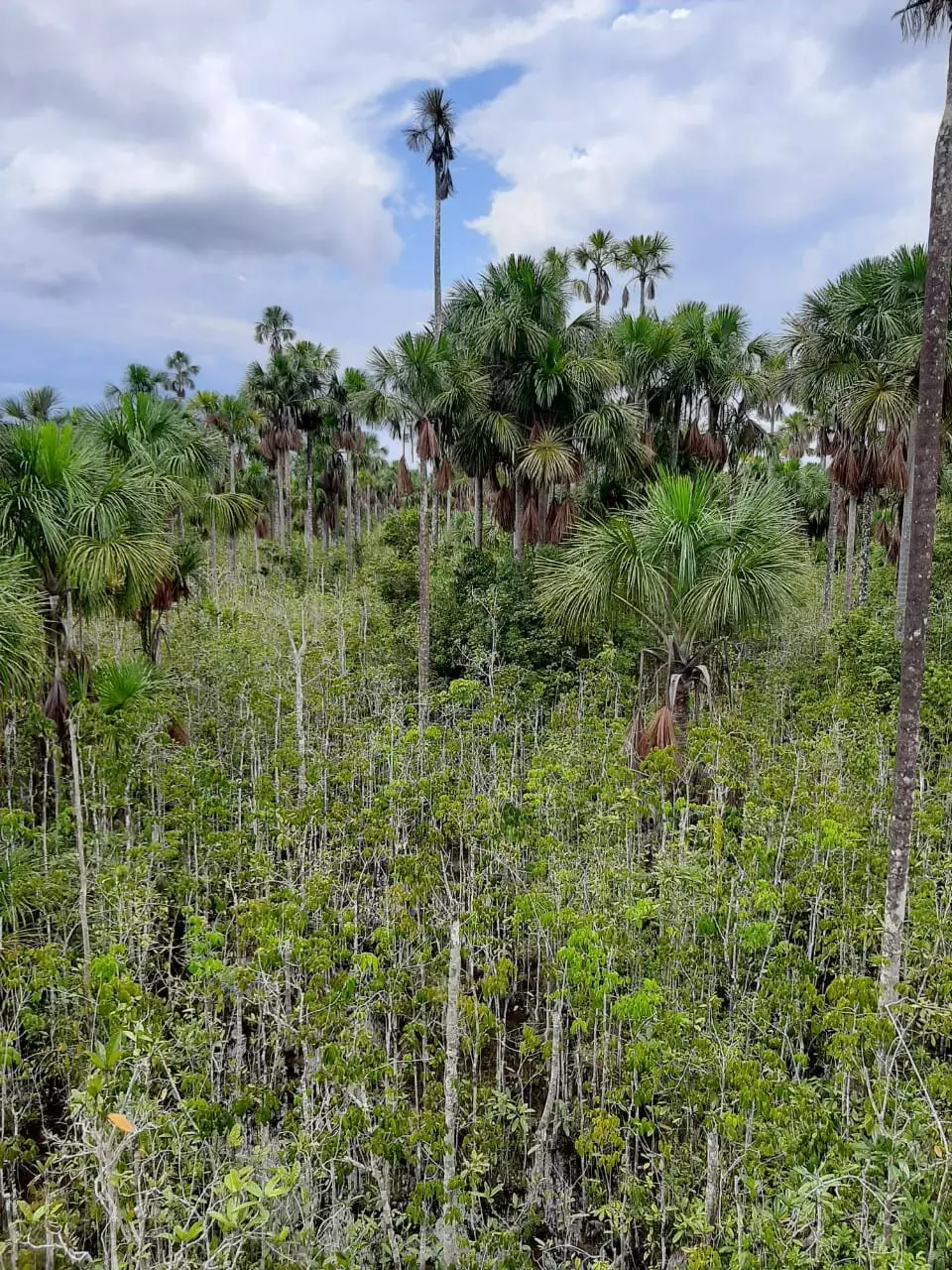A recent study led by researchers from the University of St Andrews, Scotland, and Charles University, Prague, has highlighted the importance of field data collection in mapping peatlands in the Amazon basin. The new data-driven map reveals a significantly larger extent of peatlands in the region compared to previous estimates, emphasizing the critical role these ecosystems play in regulating the global climate.
The high-resolution map developed by the international team of researchers shows that peatlands cover approximately 251,000 square kilometers of the Amazon Basin, an area larger than Belgium. This new information challenges previous assumptions about the distribution of peatlands in the region and underscores the need for more accurate data to inform future research and policy decisions.
Peatlands are essential carbon stores that help regulate the global climate, but they are also vulnerable to climate change and human impacts. The new map provides valuable insights into areas of the Amazon basin where peatlands are at greatest risk, allowing researchers and policymakers to develop targeted strategies for their protection and conservation.
Despite the progress made in mapping peatlands in the Amazon basin, there are still challenges ahead. The study highlights the need for continued data collection and collaboration with local communities to prevent irreversible damage to healthy peatlands and restore degraded ecosystems. Additionally, the new map opens up opportunities for capacity building and new international collaborations to implement advanced technologies for peat detection.
With a more comprehensive understanding of peatland distribution in the Amazon basin, researchers can now focus on studying the role these ecosystems play in the region’s overall health and function. This knowledge will be crucial for informing conservation strategies that not only protect the peatlands themselves but also the diverse species and ecological processes that depend on them.
The development of a new data-driven map of peatlands in the Amazon basin represents a significant milestone in our understanding of these critical ecosystems. By emphasizing the importance of field data collection and collaboration, the study provides a solid foundation for future research and conservation efforts in the region. The insights gained from this research will be essential for guiding policies and strategies aimed at conserving and sustainably managing peatlands to mitigate the impacts of climate change on a global scale.


Leave a Reply